Today things are different. There’s a greater variety of more intuitive RMSs that are easy to use for your team and can be set up faster than legacy systems. Thanks to this development, finding an RMS doesn’t have to be hard anymore. In the following article, you’ll discover how to find the RMS that will help you do just that. Then, nothing will stand between you and optimized revenue, more efficient processes and higher profits.
Top 5 Things to Consider When Choosing an RMS
Below you find 5 tips that help you choose the right RMS system for your hotel.
1. Integration Options
When picking any new hotel tech, ensure it integrates with your existing tech stack. In the case of an RMS, be sure it has a two-way integration with your property management system (PMS). This allows data to flow automatically between the two programs. That way, you reduce time spent on data entry, the risk of human error and any delays this may cause.
Here’s how this could look in real life: When many new reservations come in for a specific date, the PMS lets the RMS know. It responds by increasing the prices on that date and sends the latest figures to the PMS and your distribution systems.
Integrating reliable business intelligence platforms is also necessary since an RMS uses both internal and external data for rate recommendations. Find out which partners supply the external data because its quality will directly impact your results.
2. Type of Data Used
Which data your RMS uses influences how accurately and effectively it can forecast demand and optimize room rates. First, always check if an RMS processes only historical data or future-facing information as well. Yes, historical data plays an important part. But in light of the pandemic, forward-looking data has become much more important since travel restrictions and demand shifts have upset past booking patterns. An RMS that looks at both future-facing and historical data will get you the best results.
Your next question should be about whether the RMS focuses on internal or external data. Internal data is a valuable indicator of what your business can achieve based on your past results. However, you currently can’t count on it the same way you did in the past. Instead, your RMS should also take the overall market and compset data into consideration when making rate suggestions. That doesn’t mean simply copying your competitors’ pricing strategy. But a system that models its recommendations based on how your compset’s rates affect pick-up at your hotel will offer you a better outcome.
3. Level of Automation and Configurability
Automation is the best way for leaner revenue management teams to maintain their high quality of work. It saves them valuable time and speeds up the decision-making process. Today, many RMSs offer certain automated functions, but the overall degree of automation varies significantly between systems. For maximum efficiency, ensure your new RMS offers high levels of both automation and configurability.
This has several advantages for you. First, you spend less time on manual research and price changes. Second, you react to demand changes quickly and capitalize on every revenue opportunity. If you always have to update rates manually, you lose time and leave the competition. Only an RMS that provides automatic, real-time updates solves this problem.
Lastly, an RMS with advanced configurability lets you adapt to the level of automation. You can pick if, when and where you want to adjust your prices manually. That may be during a large, multi-day trade show or even for specific rates (e.g., your signature suite).
4. Alignment With your Pricing Strategy
Next, find out if the new RMS can support your pricing strategy. For example, some RMSs only adjust rates for the lowest room category. They then change prices for the other room types according to a fixed supplement structure. Given how dynamic markets are today, this inflexible pricing model is outdated.
Instead, look for a flexible RMS with open pricing capabilities. These systems know that demand differs between room categories and can find the best price for each one. It can even determine how shifting the price for one room type will impact pick-up for the others. Including these considerations is the key to always offering the optimal price across all room types.
5. Organizational Aspects and Useability
While it’s a one-time thing, it is essential to understand how your new RMS’ set-up and onboarding process works. It would be best if you also got answers to all your pricing-related questions, e.g., about potential set-up costs or differences between standard and premium plans. This doesn’t mean you should try to cut costs on your RMS. Rather, understand and be aware of the expenses you’re signing up for.
Usability and system maintenance are two other important factors. An issue with many legacy RMSs is that only highly specialized pros can use them well. This contributes to the hospitality industry’s silo culture and makes set-up and training a lengthy process. Today, modern systems that integrate with your tech stack and are easy to use for all staff, promote collaboration across departments.
For complete flexibility, pick a cloud-based, mobile-responsive RMS that you can access from any device as long as there’s a stable internet connection. With more and more people now working remotely on some days, this kind of device-agnostic RMS is now more critical than ever.
Finally, a visually appealing layout and the opportunity to export performance reports and demand forecasts are vital. This will slash the time you spend collecting and collating data for presentations and makes it easier to showcase results.
Free Calculator: Revenue Management System ROI Calculator
With this revenue calculator, you discover how much revenue uplift a revenue management system can generate for your hotel. By answering a few short questions, the revenue calculator shows your hotel’s revenue potential within a few minutes.
Click here for the “Revenue Management System – Return on Investment Calculator”.
Now that you know what to look for in an RMS, it’s over to you. Does your current or potential future RMS tick the boxes above? A powerful RMS can be the key to getting ahead of new demand trends and capitalizing on them.
More Tips to Grow Your Business
Revfine.com is the leading knowledge platform for the hospitality and travel industry. Professionals use our insights, strategies, and actionable tips to get inspired, optimize revenue, innovate processes, and improve customer experience.Explore expert advice on management, marketing, revenue management, operations, software, and technology in our dedicated Hotel, Hospitality, and Travel & Tourism categories.

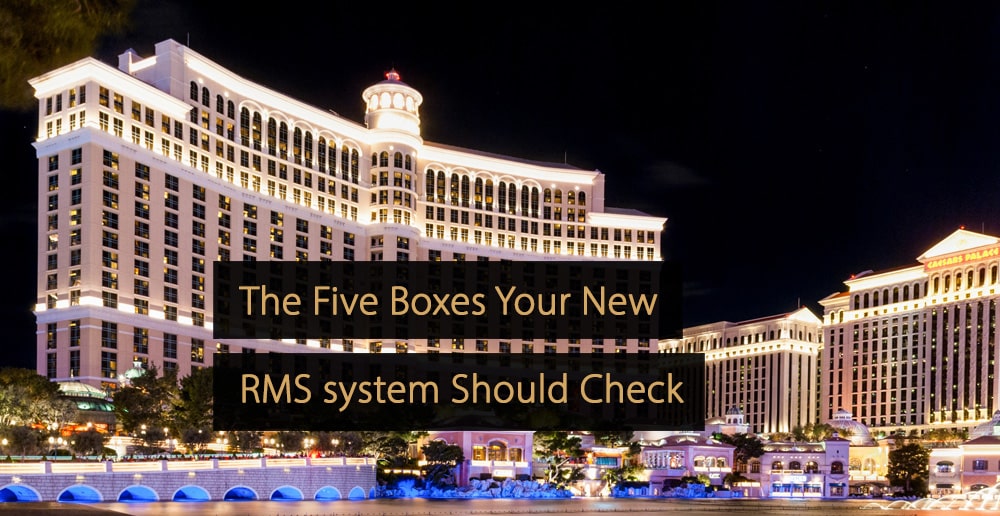
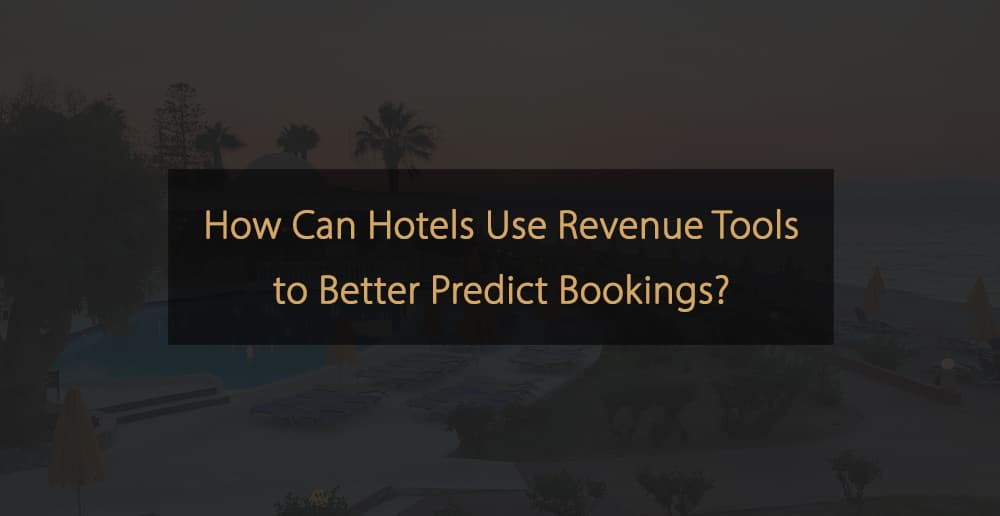
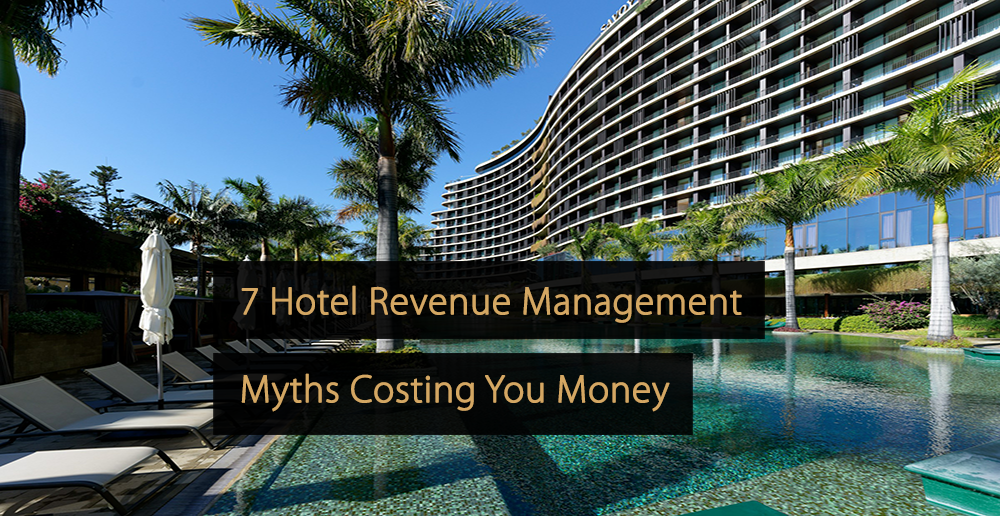
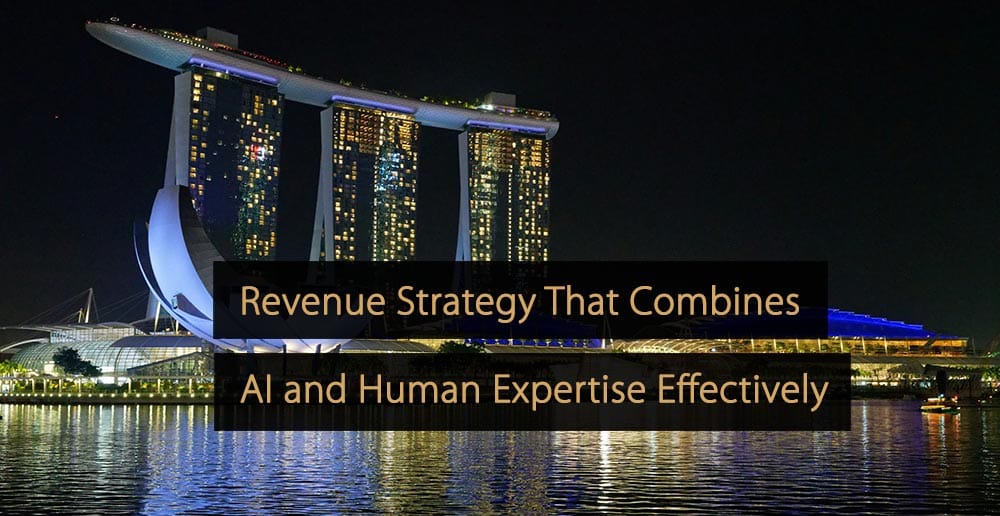
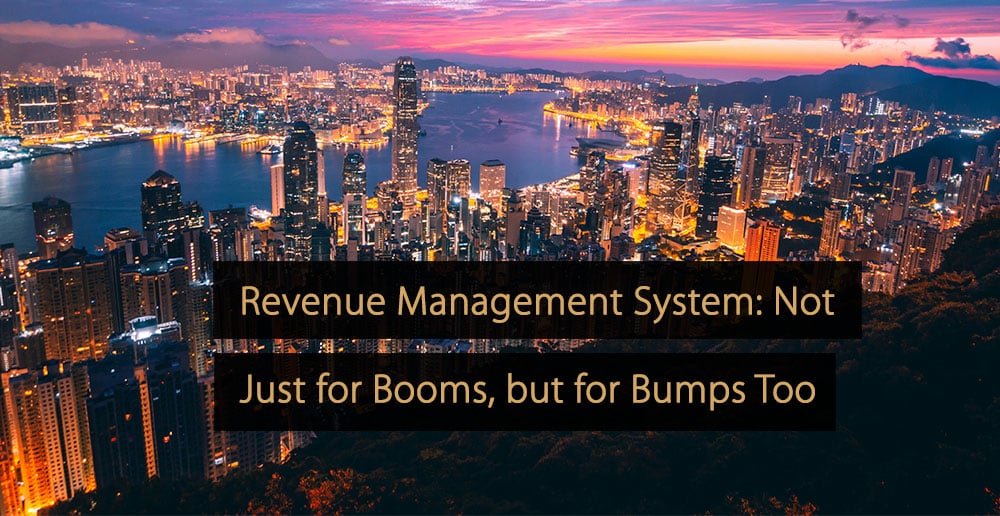
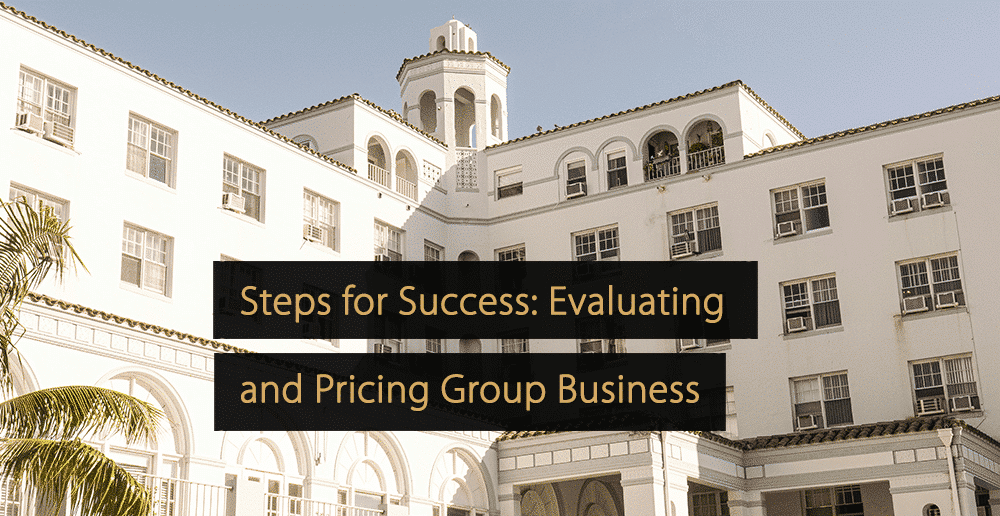
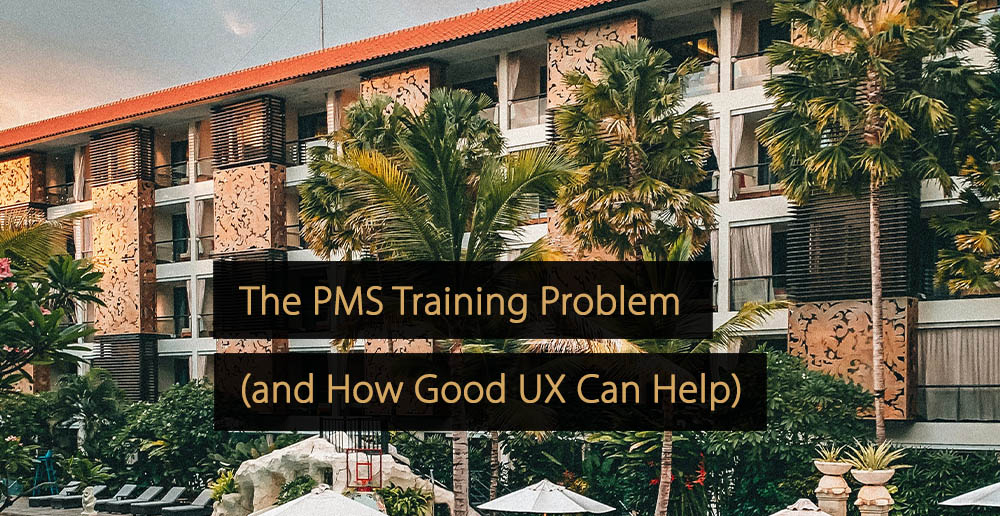
Leave A Comment